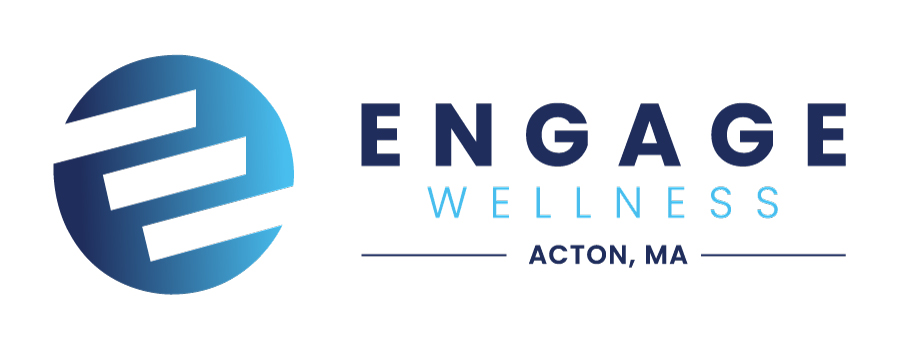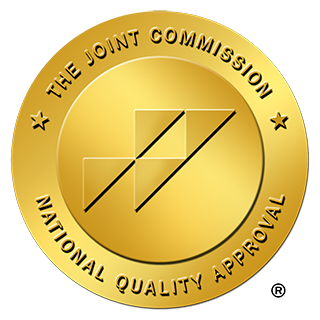Welcome to Engage Wellness Acton’s, guide to Half Day Treatment. Here, you’ll learn what a Half Day Treatment Program is, the benefits, and how we tailor them to each client’s needs. Transitioning from a high level of care to a calmer, more familiar environment can be highly instrumental in overcoming addiction and associated mental health concerns. Take a look at this comprehensive overview of what you can expect from a Half Day Treatment.
What Is a Half Day Treatment Program?
Half Day Treatment is a structured, therapeutic program that allow you — or a loved one — to receive a high level of care across both a hospital setting and a welcoming home environment.
Half Day Treatment bridges the gap between full inpatient care and outpatient therapy. Clients will receive a minimum of three hours of therapy sessions per day.

Core Components of Half Day Treatment
Flexibility with Structure: Not everyone is on the same journey. We recognize that here at Engage Wellness Acton, MA. Your Half Day Treatment program may involve supervised care three, four, or five days a week, or a different schedule entirely. It’s possible to reduce this face-to-face time as you walk your path towards healing.
Understanding of Different Disorders: Engage Wellness Acton, MA. handles multiple types of substance use disorders and mental health conditions, such as anxiety or depression. You’ll receive compassionate, understanding support without judgment. Our multidisciplinary team collaborates closely to produce highly personalized treatment plans.
Proven Therapeutic Models: We offer evidence-based therapies ranging from dialectic behavioral therapy (DBT) and cognitive behavioral therapy (CBT) to mindfulness techniques and group therapy sessions. Our therapeutic modalities are diverse and tailored to the exact needs of clients.
Life Skills Development: Learning skills that can help clients move forward with their lives is critical. Research strongly suggests that a combination of structure and activity helps shift the focus away from negative support structures, such as alcohol, to positive social or hobby-based structures. Learning general life skills like communication, problem-solving, stress management, and other coping strategies can bolster long-term recovery.
Benefits of Half Day Treatment
Intensive Support Combined with Regular Routines: Half Day Treatment maintains intensive support while allowing and encouraging clients to return to their daily routines. Clients can get used to dealing with their responsibilities and enjoying their family time and interests while still receiving the highest standard of care.
Continuity of Care: Rather than switching straight from inpatient care to outpatient care, Half Day Treatment creates a seamless continuity of care that supports the transition from one to the other. This can aid long-term recovery and lower the risk of relapse.
Self-Empowerment: Learning life skills and gradually reducing the need for supervised care helps build confidence and self-esteem. Clients learn resilience and gain the skills to handle life’s challenges.
If you or a loved one are struggling with substance use and the associated mental health problems that can come with it, get in touch and let’s help you explore the transformative potential of customized Half Day Treatment.
We can help you live the life you deserve!






